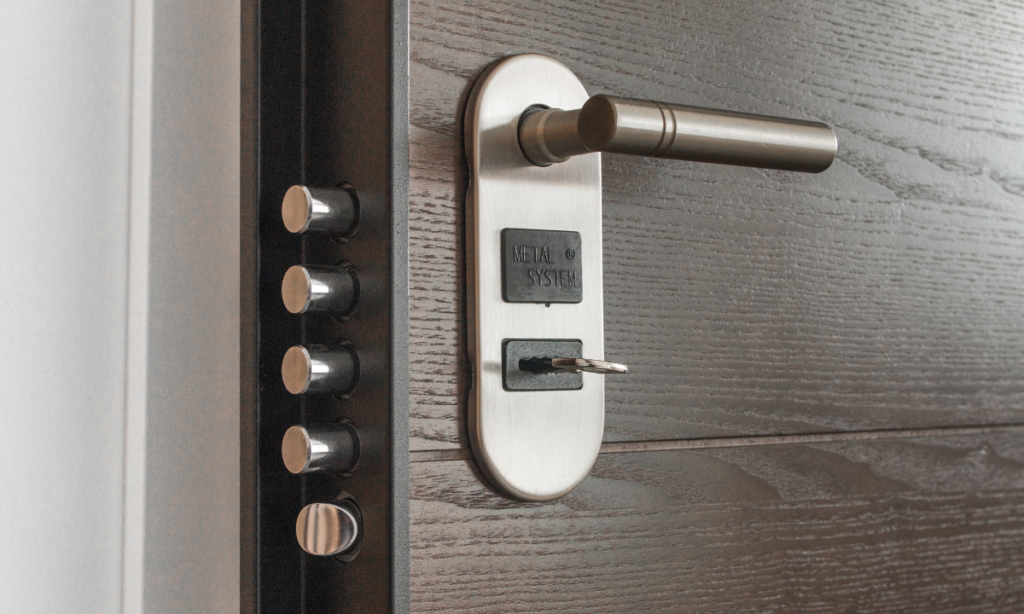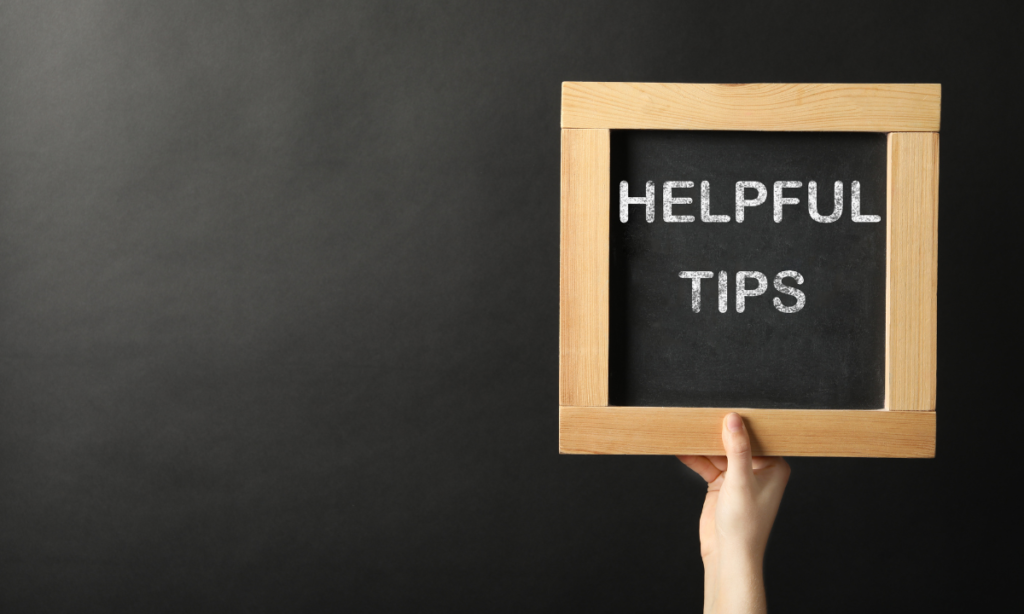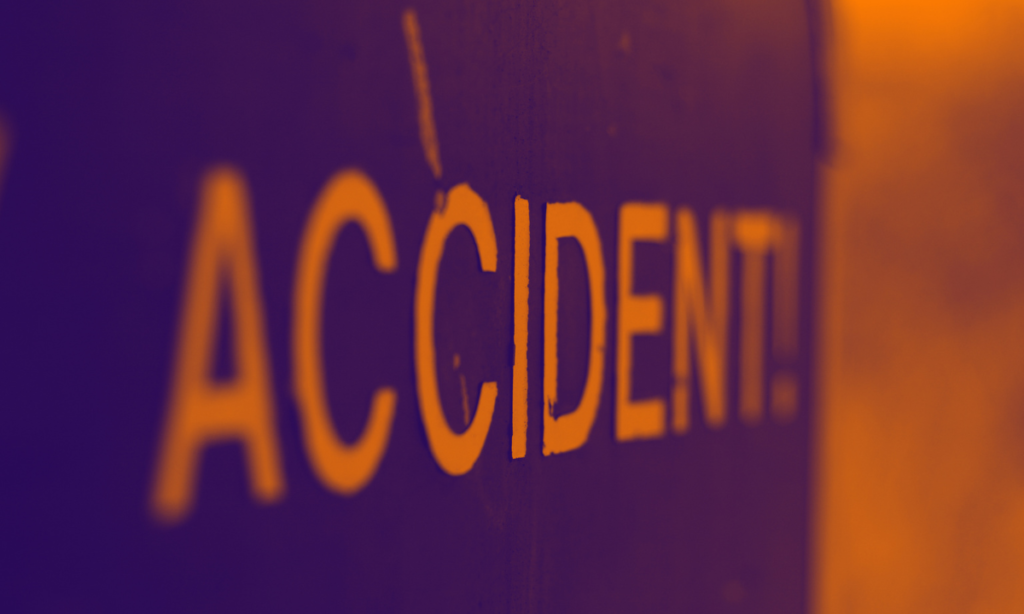Personal safety can’t be over emphasized. Our homes are more than just four walls and a roof; they are refuges that provide security, coziness, and a sense of belonging. It is easy to overlook the crucial aspect of home safety.
Whether you live alone, with a partner, or in a busy household, you must prioritize home safety. Let’s look at the significance of personal safety and discuss some crucial actions that can be performed to protect what matters most.
With an emphasis on creating an atmosphere that reduces the likelihood of accidents, boosts security, and provides comfort, this guide provides helpful advice for improving personal safety at home. It encourages a more secure and self-assured home atmosphere and features both large homes and comfortable apartments.

Why is personal safety essential?
Personal safety plays a vital part in preventing incidents, accidents, and emergencies by proactively protecting homes, making informed decisions, and putting small, effective measures in place to lessen potential hazards.

Simple Tips for Personal Safety at Home.
- Before leaving or going to bed, make sure all windows and doors are securely locked.
- Install a home security system that includes cameras, motion detectors, and apps for remote monitoring.
- To make your house appear occupied and deter criminals, use smart lighting.
- Consider utilizing a safe for priceless goods and keeping valuables out of windows.
- To improve safety, foster a sense of community by exchanging contact details and warning neighbors of suspicious conduct.

Preventing Accidents Inside the Home
Keep your loved ones and your house safe from possible dangers. Install fire safety precautions, make sure your area is fall-proof, follow kitchen safety procedures, and store chemicals appropriately. A safe and secure sanctuary can be ensured for many years to come with regular upkeep, awareness, and safety measures.
Fire Safety:
- Place smoke detectors in strategic locations and test them frequently.
- Store fire extinguishers in places that are inaccessible.
- Steer clear of overloading outlets.
Fall-proofing
- making sure steps are well-lit, securing loose carpets, and clearing paths.
- Use non-slip matting for senior citizens and install grab bars in restrooms.
Kitchen Safety
- Keep cooking close at hand, especially when utilizing heat, for kitchen safety.
- Teach kids about safety precautions and keep sharp objects in a secure location.
Safe Chemical Storage
- Keep dangerous materials, prescription drugs, and household cleaning supplies out of reach.
Emergency readiness
An emergency plan is crucial for security measures in the case of a medical emergency, fire, or flood. It has an escape route, emergency contacts, a fully supplied first aid kit, and a backup power source in case of power outages. Investing in a generator is also recommended in areas where extended power outages are frequent.
Conclusion
You can give your family, your home, and yourself peace of mind by implementing simple steps to reduce risks and make the environment safer. A happy home is a safe one.





